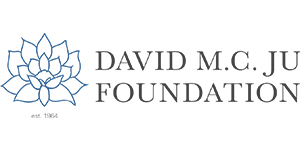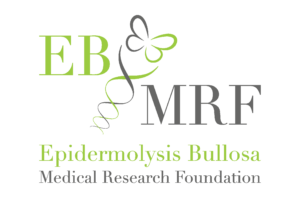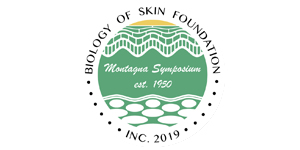2026 Program will be coming soon!
Resident Memory T Cells in Health and Disease
Program Chair:
Rachael Clark, MD, Ph.D., Brigham and Women’s Hospital, Harvard Medical School
Program Co-Chairs:
Liv Eidsmo, M.D., Ph.D., Karolinska Institutet and University Hospital
Thomas Gebhardt, M.D., Ph.D., University of Melbourne
William J. Crisler, Ph.D., Brigham & Women’s Hospital, Harvard Medical School
Program Sessions:
Session 1: T in inflammatory and autoimmune skin diseases: Psoriasis, Vitiligo, Contact dermatitis, Chronic atopic dermatitis,
GvHD, Face/limb VCA transplant rejection
Session 2: TRM in cancer: Melanoma, SCC, BCC, MCC, CTCL
Session 3: TRM in infectious diseases: role and vaccination strategies: HSV, Leishmania, VCV, HPV
Session 4: Biologic and therapeutic aspects of TRM: Generation and persistence, metabolism, depletion strategies, tolerization strategies
Program Synopsis:
Resident memory T cells (TRM) are specialized, non-circulating immune cells that form in peripheral tissues following antigen exposure. They accumulate in barrier tissues like the skin, where they provide rapid defense against previously encountered pathogens.
While TRM cells are essential for protective immune responses against infections and cancer, their dysregulation or activation against self-antigens can lead to chronic inflammatory and autoimmune conditions such as psoriasis, vitiligo, and contact dermatitis.
The Montagna Symposium will explore TRM roles in various contexts—including skin diseases, cancer immunity, antiviral defense, and drug hypersensitivity—while also addressing their tissue niches, epigenetic regulation, and implications for vaccine development. The symposium aims to foster interdisciplinary collaboration, translate research into clinical practice, and support the next generation of scientists and clinicians.
2025 Support
Funding for this conference was made possible (in part) by a grant (5R13AR009431-58) from the National Institute of Arthritis and Musculoskeletal and Skin Diseases. The views expressed in written conference materials or publications and by speakers and moderators do not necessarily reflect the official policies of the Department of Health and Human Services; nor does mention by trade names, commercial practices, or organizations imply endorsement by the U.S. Government.
The Montagna Symposium on the Biology of Skin gratefully acknowledges:
- NIH Grant Number 2 R13 AR009431-58 from the National Institute of Arthritis and Musculoskeletal and Skin Diseases
- Society for Investigative Dermatology (SID) for the SID Eugene M. Farber Travel Awards for Young Investigators
- Journal of Investigative Dermatology
- Japanese Society for Investigative Dermatology (JSID) for the JSID Travel Awards for Young Investigators
- Taiwanese Society for Investigative Dermatology (TSID) for the TSID Travel Awards for Young Investigators
- Korean Society for Investigative Dermatology (KSID) for the KSID Travel Awards for Young Investigators
- European Society for Dermatological Research (ESDR) for the ESDR Travel Awards for Young Investigators
The 2025 Symposium is supported by the LEO Foundation (Grant #LF-RN-25-601068)
The 2025 Symposium is supported by a charitable gift from the David M.C. Ju Foundation
The 2025 Symposium is supported by the Epidermolysis Bullosa Medical Research Foundation (EBMRF)
The 2025 Symposium is supported by the EB Research Partnership
The 2025 Montagna Symposium is supported by The Biology of Skin Foundation
The 2025 Symposium is supported through an educational grant from Abbvie
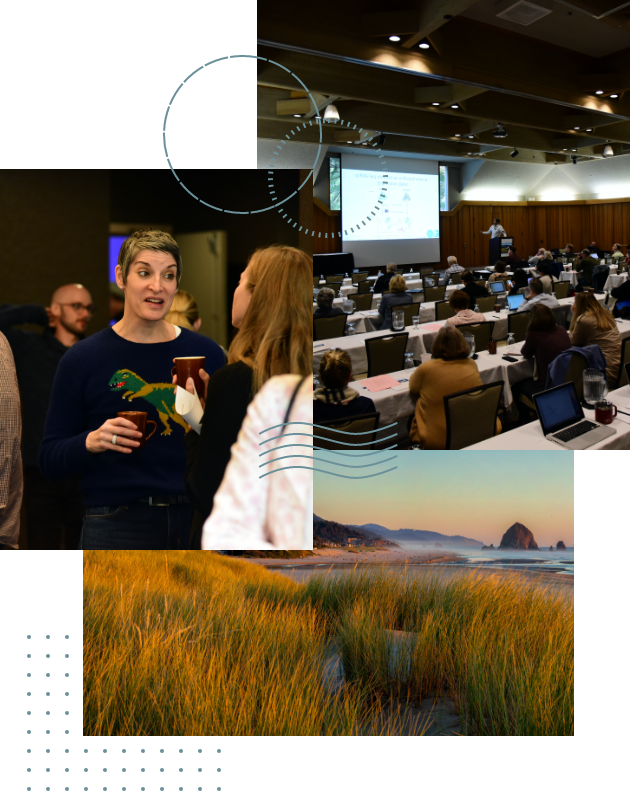
2025 Sponsor Acknowledgement
We thank our generous sponsors for making the 2025 Montagna Symposium on the Biology of Skin possible.
Champion:
| Abeona | 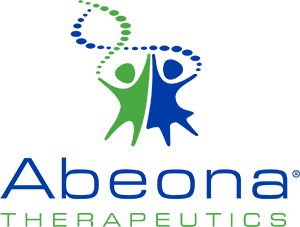 |
| Castle |  |
Sustainer:
| J&J |  |
Benefactor:
| Amgen | 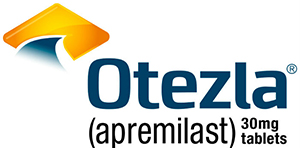 |
Patron:
| Incyte |  |
| Sanofi |  |
| UCB |  |
Associate:
| Allergan/SkinMedica | |
| Oregon Dermatology Society | 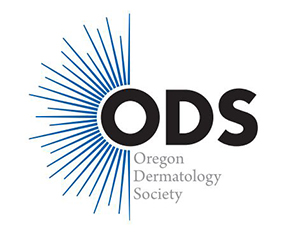 |

